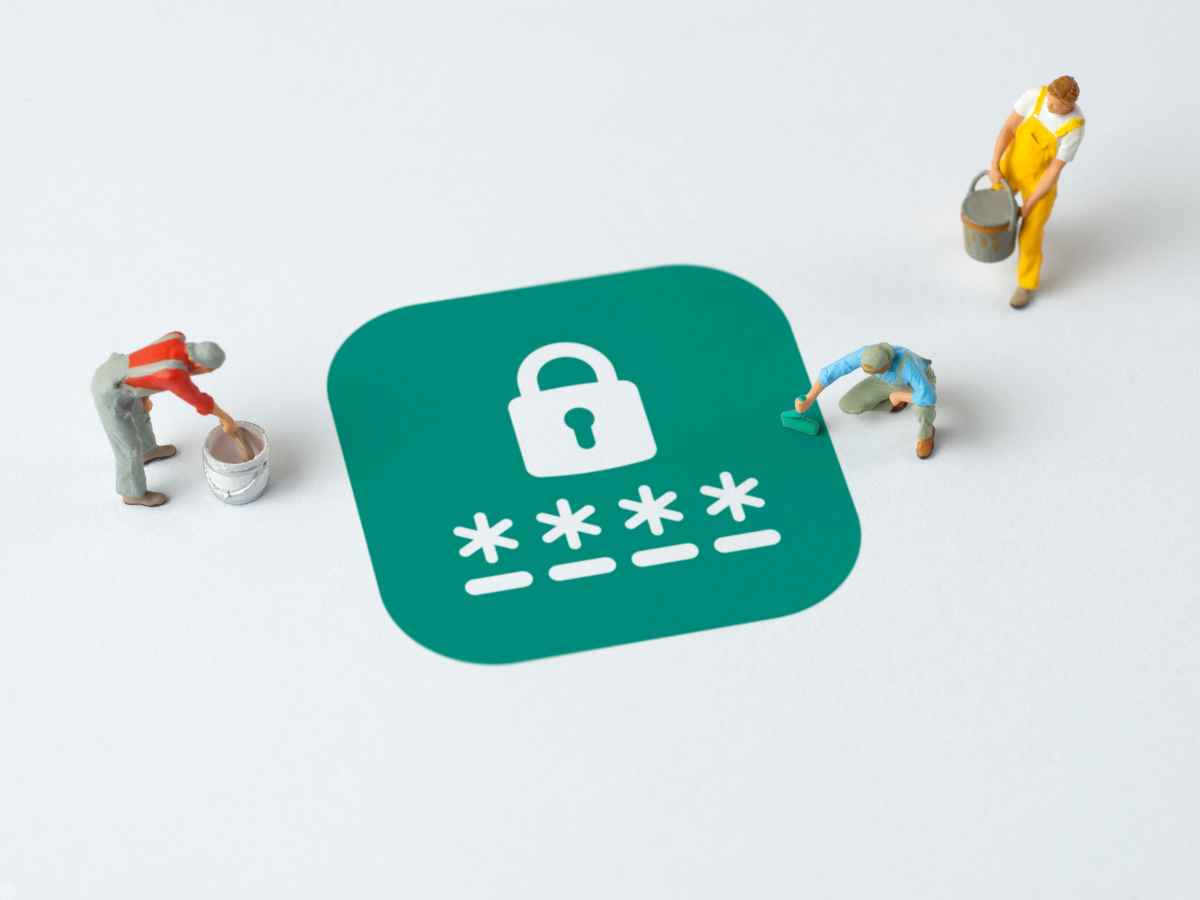In an unexpected twist that could only happen in the world of online communities, Hackaday, the hardware hacking website, faced a cunning exploit of its comment section last week. Instead of a traditional technical breach, an anonymous user unleashed a “comment-reporting attack,” cleverly manipulating the very features designed to keep discussions healthy. By hitting the “report comment” button repeatedly from various IP addresses, this digital trickster flooded the moderation queue with over 300 flagged comments.
This confused a lot of people, thinking Hackaday was responsible for their comments vanishing. The comment area became a mess, with weekend editors trying hard to bring back regular discussions and remove wrong flags. A simple check on moderation turned into a wild situation, showing how even well-protected websites can fall victim to clever misuse.
For a few hours, the site descended into chaos as users assumed Hackaday had started mass-moderating, leading to confusion and frustration. It took the editorial team hours to restore order and unflag legitimate comments.
Imagine you are running a small online forum. Users can flag inappropriate content, and moderators will review it. Now, someone flags harmless comments repeatedly, flooding your inbox with moderation requests. You spend a long time going through everything to find there was no problem to start with. That is just what Hackaday went through.
This event led to a big talk about ways to make the community’s comment system better, showing that even when things go wrong, people can still work together and stay involved.
This incident also sparked debate within the community about improving the comment system. Should Hackaday introduce an upvote/downvote feature like Reddit? While that could boost constructive feedback, it might turn discussions into a popularity contest. Others suggested transparency: instead of comments disappearing after being flagged, why not show a placeholder like “This comment is being reviewed”?
Even after the attack, Hackaday’s community, comprised of smart and tech-savvy readers, continued engaging in thoughtful discussions. This proved that teamwork can make things better even when stuff gets crazy. Interestingly, the tools meant to keep comments nice and clean ended up being used against the community in this weird situation. This incident did not discourage people. Instead, it made users want to help each other more and come up with new ways to watch over comments. It showed how problems can bring folks together creating a stronger livelier group where everyone gets to speak up.






